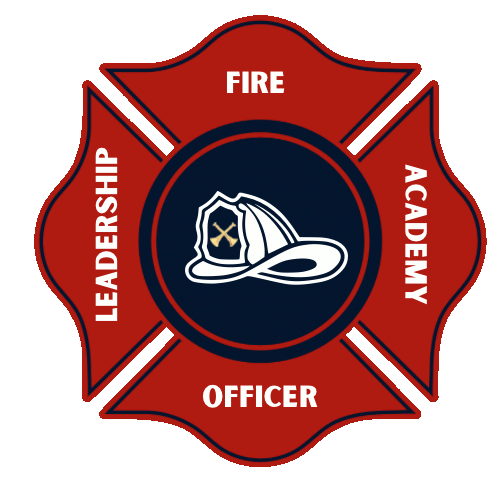Fire Officer Leadership Academy Blog
The Fire Officer Leadership Academy blog is a resource for fire officers committed to continuous growth. Here you’ll find practical insights on leadership, communication, career development, and character-based decision-making—drawn from real-world fire service experience and written to support officers at every stage of their leadership journey.
-
Character is the Secret Ingredient to Effective Leadership
As I reflect on the qualities that define impactful leadership, I can’t help but think of the concept of an anchor point in wildland firefighting. Those who engage in wildland firefighting know that an anchor point serves as a vital location to safely establish a line around a wildfire. This idea resonates deeply when we…
-
Unlocking Team Potential: The Role of Senior Firefighters in Fostering a Positive Culture
The importance of organizational culture in the fire department cannot be overstated. Senior members play a crucial role in fostering a positive environment, which can significantly affect the overall performance and effectiveness of the organization. By actively supporting a healthy culture, experienced firefighters and leaders can mitigate conflict, build trust, and reduce job-related stress. Senior…
-
The Art of Connection: Strategies for Battalion Chiefs to Lead Effectively
In the realm of fire service leadership, the role of a battalion chief extends beyond operational oversight and administrative duties. A significant aspect of effective leadership lies in fostering a positive organizational culture within the fire department. One of the most impactful strategies to achieve this is through regular station visits. Station visits present an…
-
The Role of Leadership in Shaping Fire Department Culture
In contemporary fire departments, the significance of a healthy organizational culture cannot be overstated. This culture encompasses the shared values, beliefs, and behaviors that shape how officers and firefighters interact, work, and make decisions. Understanding the importance of cultivating a positive organizational culture is vital for fire department officers who wish to enhance operational effectiveness…
-
Exploring the Secret Ingredients to a Thriving Fire Department Culture
In any fire department, the organizational culture plays a crucial role in determining its effectiveness, employee satisfaction, and overall mission success. Fire department officers looking to build and maintain a healthy culture can take several strategic steps to foster an environment that promotes teamwork, accountability, and resilience, all while avoiding detrimental personnel issues. One of…
-
Why Do I Have to Clean the Toilets? ALEG – Part 4
This is the final post in the series addressing Dr. Tim Elmore’s acronym ALEG: Asking, Listening, Empathizing, and Guiding. If you have not read the previous three posts, I encourage you to do so as they are based on a conversation I had with a fire department officer. The lieutenant told me that one of…
-
Why Do I Have to Clean the Toilets? ALEG – Part 3
This post is number three of four based on a conversation I had with a fire department company officer when he shared with me that one of his younger firefighters asked, “Why do I have to clean the toilets?” His response was, “Because I’m the lieutenant and I told you to.” If you have read…
-
Why Do I Have to Clean the Toilets? ALEG – Part 2
This blog is based on a conversation I had with a fire department company officer in late 2025 when he shared with me that one of his younger firefighters asked, “Why do I have to clean the toilets?” His response was, “Because I’m the lieutenant and I told you to.” If you read the January…
-
Why Do I Have to Clean the Toilets? Part 1
A few months ago, I had a conversation with a fire department company officer, and he told me that one of his younger firefighters asked, “Why do I have to clean the toilets?” The lieutenant’s response was, “Because I’m the lieutenant and I told you to.” The lieutenant exercised his legal authority to get the…
-
Flying Into 2026
January 1st, New Years Day 2026. Are you reflecting on 2025 before flying into 2026? Why should you even bother to take the time to mull over the year? To grow we need to reflect on where we have been, what we have experienced, and what we have learned from those experiences. In John C.…



